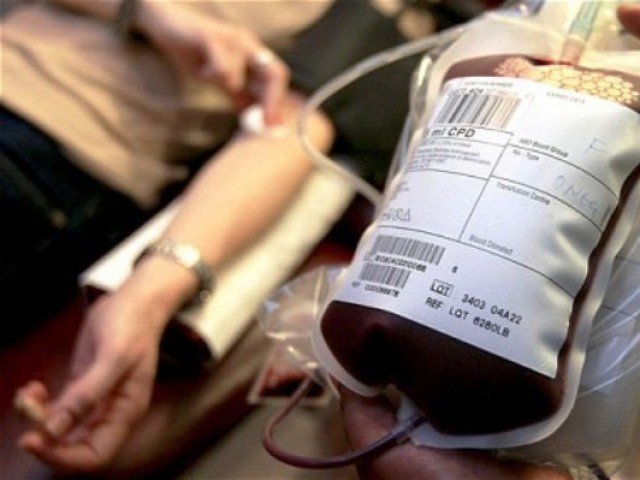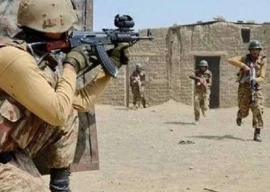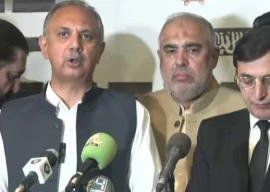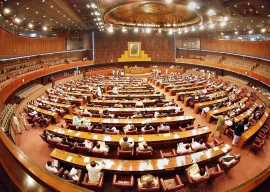
Of the 3.5 million blood donations collected annually, around 90 per cent are from relatives of the patients while only 10 per cent is from voluntary donors, said Hasan Abbas Zaheer, the national coordinator for Safe Blood Transfusion Programme (SBTP), during a seminar held in collaboration with the World Health Organisation (WHO) to mark World Blood Donor Day.
“That is not a health source, moreover places an unnecessary burden on the families of the patients who are already under stress,” he said.
The coordinator said around two percent of the population of any country which donates blood regularly can meet the needs of their entire population, but the culture of blood donation in Pakistan is yet to take root.
In Islamabad alone, he said, 68,000 blood donations were collected and used last year.
“If 20,000 to 25000 people donate their blood regularly, they can meet the needs of the entire population,” he said.
At the Pakistan Institute of Medical Sciences (Pims), around 100 to 125 blood donations are needed every day to meet the daily requirements. Owing to the shortage of blood, usually, relatives donate blood or request others to donate blood.
International best practices suggest that the best blood donations are those which are provided by regular blood donors who are screened and registered with blood banks, he said.
“It is completely safe and healthy to donate blood and one donation can save three lives,” he said, adding, “Healthy male adults can donate blood four times a year with a gap of three months, and up to 60 years of their age, while females can donate three times a year”.
Around the world, June 14 is marked as World Blood Donor Day to raise awareness about the need for safe blood and blood products and to thank blood donors for their contribution. This year’s theme calls for “What can you do? Give blood. Give now. Give often” while focusing on blood availability during disasters.
State Minister for Capital Administration and Development Division Dr Tariq Fazal Choudhry said that construction on a modern Regional Blood Center in Islamabad is expected to begin soon with funds for the project being provided by the German government.
The center, Dr Chaudhry said, would serve as a blood procurement and distribution centre for the entire Islamabad Capital Territory ensuring that quality systems are in place to regulate all activities such as mobilisation and retention of blood donated by voluntary and regular donors, maintenance of donor database, collecting blood donations as well as processing, screening, testing, component preparation and storage of the prepared components.
Professor Zaheer stressed the importance of promoting a voluntary blood donation culture in the country since reliance on voluntary and regular blood donors would improve the blood safety standards manifold.
Additionally, Prof Zaheer said, it would also transform the current ‘demand-driven-system’ into a ‘supply-driven-system’ as is the case in countries which have an efficient blood system.
Published in The Express Tribune, June 14th, 2017.


1730752226-0/Untitled-design-(35)1730752226-0-165x106.webp)







1726140338-01730723472-0/Untitled-design-(42)1726140338-01730723472-0-270x192.webp)




1730706072-0/Copy-of-Untitled-(2)1730706072-0-270x192.webp)
COMMENTS
Comments are moderated and generally will be posted if they are on-topic and not abusive.
For more information, please see our Comments FAQ